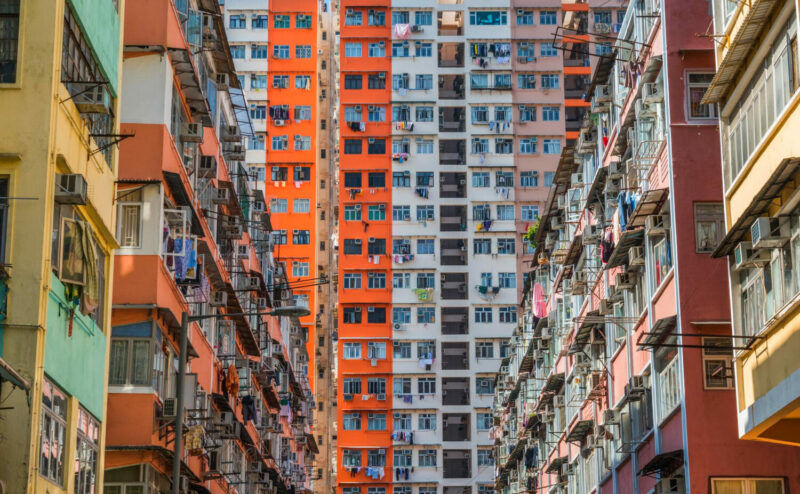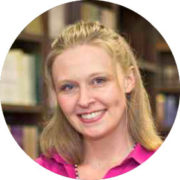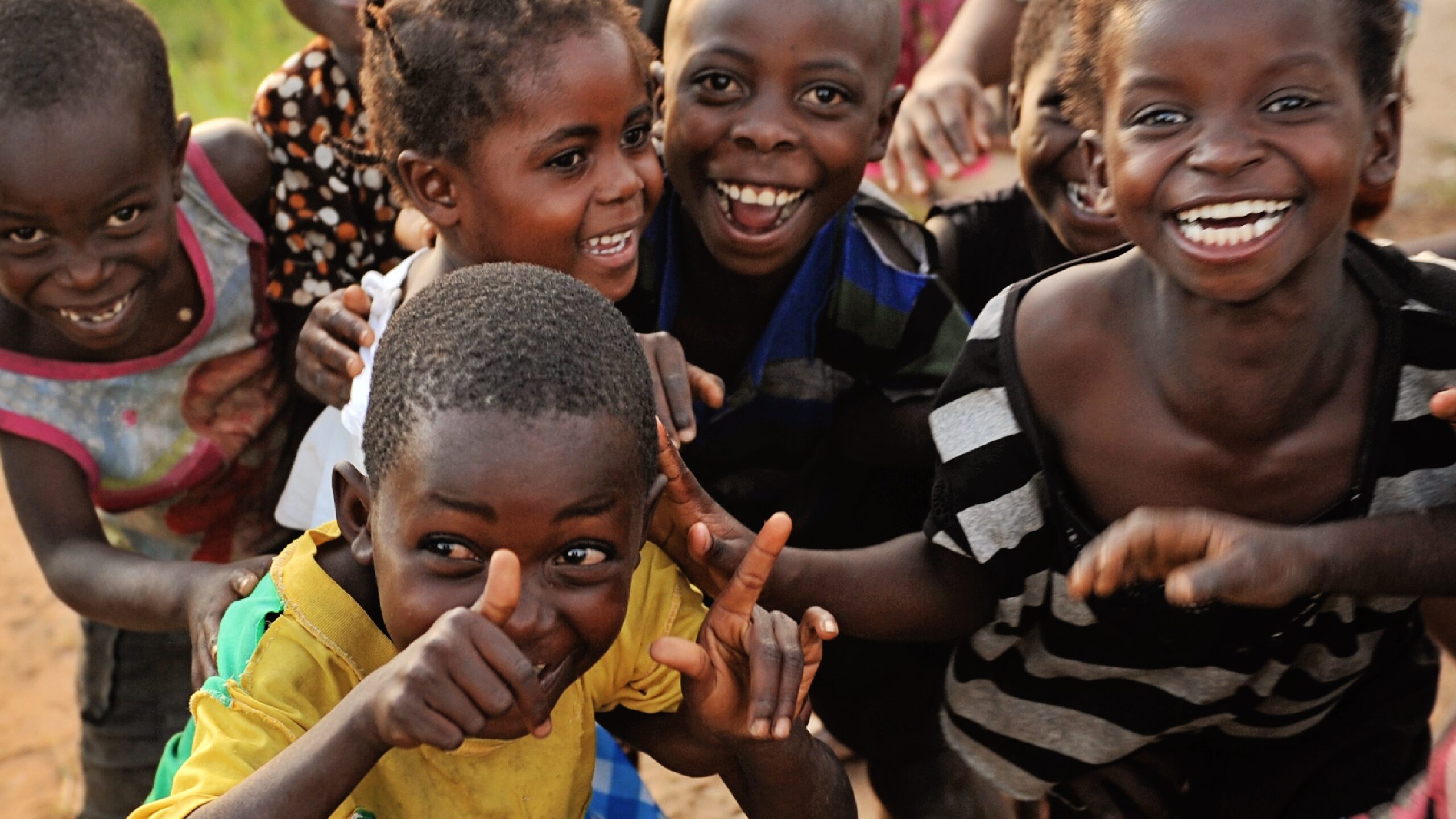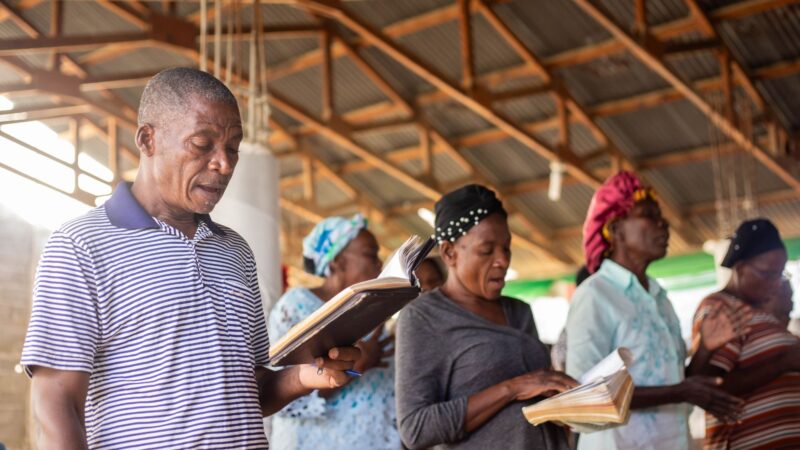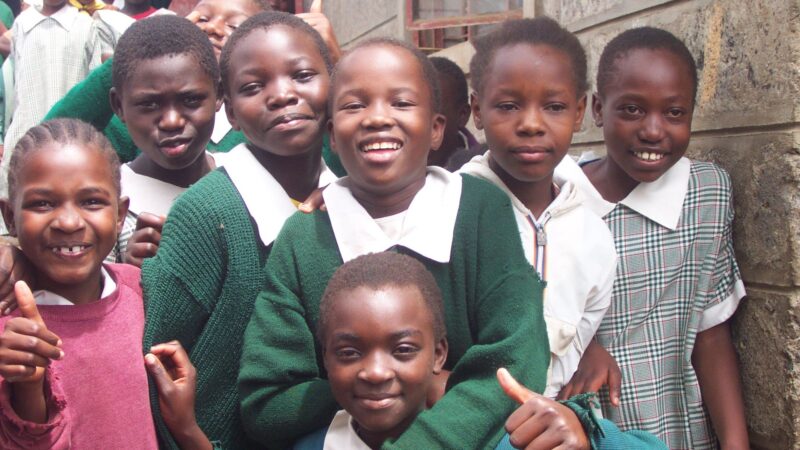Extreme poverty breaks hearts, steals health, and robs people of hope. The communities Bright Hope serves have gotten stuck in the vicious, generational cycle of poverty and crisis. People have often envisioned a poverty-free world.
But can we really eliminate all poverty? Is that even something that God wants us to pursue?
At Bright Hope, we believe that God desires His church to reject greed and embrace generosity so that the poor, the widow, the fatherless, and the foreigner know His love and experience His abundant provision.
James 1:27 says: “Religion that God our Father accepts as pure and faultless is this: to look after orphans and widows in their distress and to keep oneself from being polluted by the world.”
In the Bible, orphans and widows represent the poorest, most vulnerable people in society. In response to the biblical mandate to care for them, our mission is to create sustainable programs that empower the vulnerable to lift themselves out of physical, economic, and spiritual poverty.
Contents:
- God Is Compassionate For the Poor
- Can the world be free of poverty?
- Why is it hard to end poverty?
- What would a world without poverty look like?
God Is Compassionate For The Poor
When God began building a nation, He wanted to make sure that no one would get left behind. Throughout the Old Testament (see, for example, Leviticus 23:22 and Deuteronomy 15:7-11), God showed His care for the poor, the foreigner, and those who often fall through the cracks of society.
And because God cared for the poor, He wanted His people to care for the poor and to demonstrate His love and provision to them. So, He gave very specific instructions to the Israelites as a part of His covenant with Moses so that no one would go hungry. Although the church is not obligated to obey the Mosaic Covenant, we can and should apply the principles to our lives today.
Can The World Be Free of Poverty?
At Bright Hope, we desire to help the world’s poorest families leave behind hunger, fear, and isolation. To do that, these families need a reliable way to put food on the table, pay for their kids’ education, and follow a path out of poverty. Unfortunately, the generational cycle of poverty is hard to break–impoverished kids often go to bed with hungry stomachs, don’t have a chance to go to school or gain skills for the future, and can’t go to the doctor when they get sick. They feel hopeless and forgotten by God.
We believe that human beings shouldn’t have to live like this. Honestly, it’s just not right. We’re all made in the image of God, dearly loved, and with inherent worth.
Unfortunately, the complete elimination of poverty probably will not happen before Jesus returns. But that doesn’t mean we shouldn’t try! Throughout the Bible, God makes clear His care for the poor, the widow, the fatherless, and the forgotten of society (see Psalm 82:3, 140:12; Isaiah 58:6-8, Luke 3:11, 1 John 3:16-18, James 1:27).
And not only that, God condemns greed and injustice frequently throughout His Word (see Proverbs 28:20-25; Zechariah 7:8-10; Matthew 6:24; Luke 11:39; 1 Timothy 6:10).
We all have a choice. Help stop the cycle of suffering–of hungry kids who grow up to be hopeless parents who can’t feed their kids. Or throw our hands up in the air and do nothing.
At Bright Hope, we refuse to sit back and let poverty ravage another generation. For more than 50 years, we have advocated for the extreme poor. And we invite you to join us in providing them with nourishment for today, sustainable opportunities for tomorrow, and eternal Hope for the future.
Why Is It Hard To End Poverty?
If God is good, loving, and sovereign, why are there still so many poor people?
Many people have asked this question. And God’s Word can give us some insight.
Isaiah 10:1-2 says: “What sorrow awaits the unjust judges and those who issue unfair laws. They deprive the poor of justice and deny the rights of the needy among my people.” Unfortunately, many people in the world don’t have the food, clothing, or other necessities because they live in places with a history of power-hungry leaders who establish self-serving laws. To eliminate poverty in these regions would require a complete transformation of governmental and societal structures that favor the rich and powerful.
Another reason for poverty is greed. Individuals who have more than they need choose not to share their wealth with the poor. In other words, the rich (which includes most of us) spend nearly all of their money meeting our own needs (and wants) rather than giving to help the poor.
James 2:15-16 says, “Suppose you see a brother or sister who has no food or clothing, and you say, ‘Good-bye and have a good day; stay warm and eat well’—but then you don’t give that person any food or clothing. What good does that do?” We see the dire needs around us but choose to look the other way.
But even amidst pervasive injustice and greed, God still works powerfully as we pursue fair, sustainable solutions, and as we share generously with the poor.
What Would a World Without Poverty Look Like?
“And all who believed were together and had all things in common. And they were selling
their possessions and belongings and distributing the proceeds to all, as any had need.”
Acts 2:44-45
It’s almost impossible to imagine a world without poverty. But Acts 2:44-45, in describing the new and growing body of Christ, shows us a glimpse of what a poverty-free community might look like.
Shortly after Jesus’ ascension, the brand new church gathered, day in and day out, at the feet of the apostles—the men who had been with Jesus.
As the apostles taught the new Christians about how Jesus fulfilled the Mosaic Law and many Old Testament prophecies, they also taught believers how to live. Peter, John, and the others explained that the new church was supposed to show the world who Jesus was and what He was like (John 13:35). They had received the Holy Spirit (Acts 2:1-13) and with Him the power they needed to obey Jesus’ command to spread the church from Jerusalem to the ends of the earth (Acts 1:8).
In response to God’s grace through Jesus and from the outflow of the Holy Spirit’s empowerment, the 3,000+ new believers sold everything they owned and laid every penny at the apostles’ feet. Not out of obligation, but gratitude. Not to receive God’s blessing but because they had already received everything they needed in Jesus (2 Pet. 1:3).
Live Generously Toward Others
As Christ-followers who want to follow Him in compassion-filled, sacrificial love, we should remember that we are citizens of heaven (Phil. 3:20) and heirs of God’s kingdom (Eph. 1:11-14; Rom. 8:16-17). With this in mind, we can live as dearly loved children (Col. 3:12; 1 John 4:11-12) whom God wants to use to fill the earth with His glory and love. Then, as we learn to live with contentment, trusting God to give us what we need, He will use us to live generously toward others–especially toward the extreme poor.
For more than 50 years, we have worked to help people create sustainable solutions that break the cycle of extreme poverty. Would you consider joining us to provide the poor with nourishment for today, sustainable opportunities for tomorrow, and eternal Hope for the future?
Together, we can take a step toward a poverty-free world.
Help stop the cycle of suffering.
Join us in providing nourishment for today, sustainable opportunities for tomorrow, and eternal hope for the future!
Donate Now

